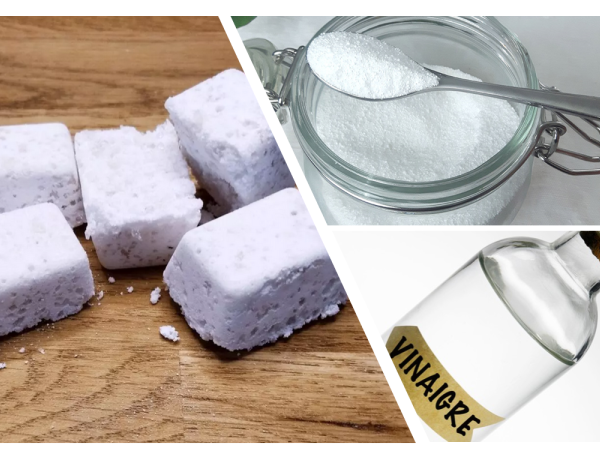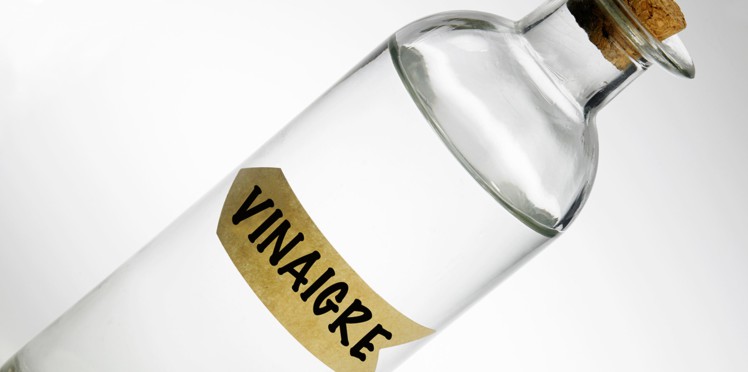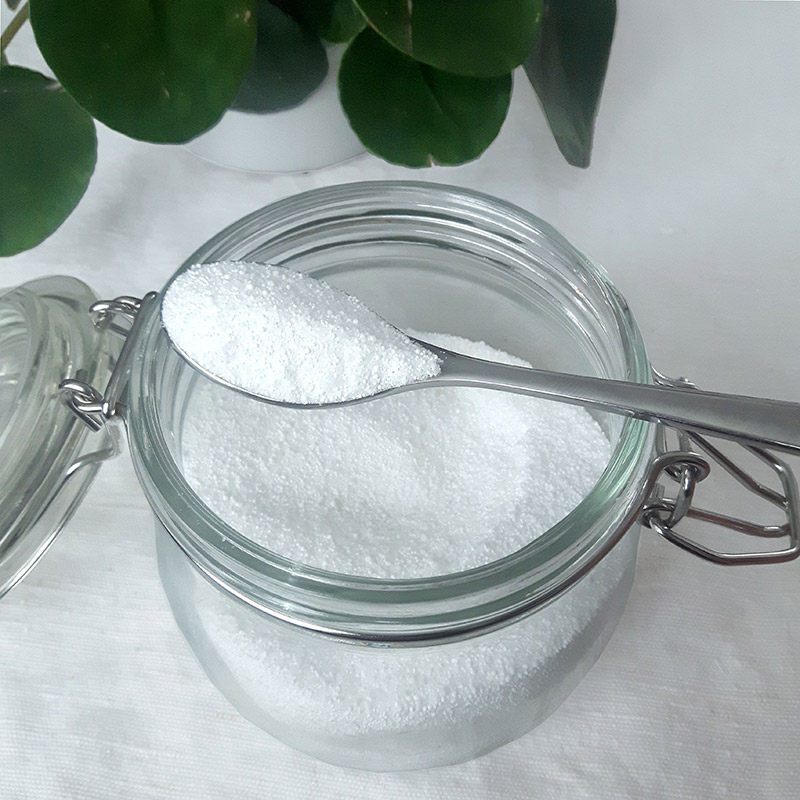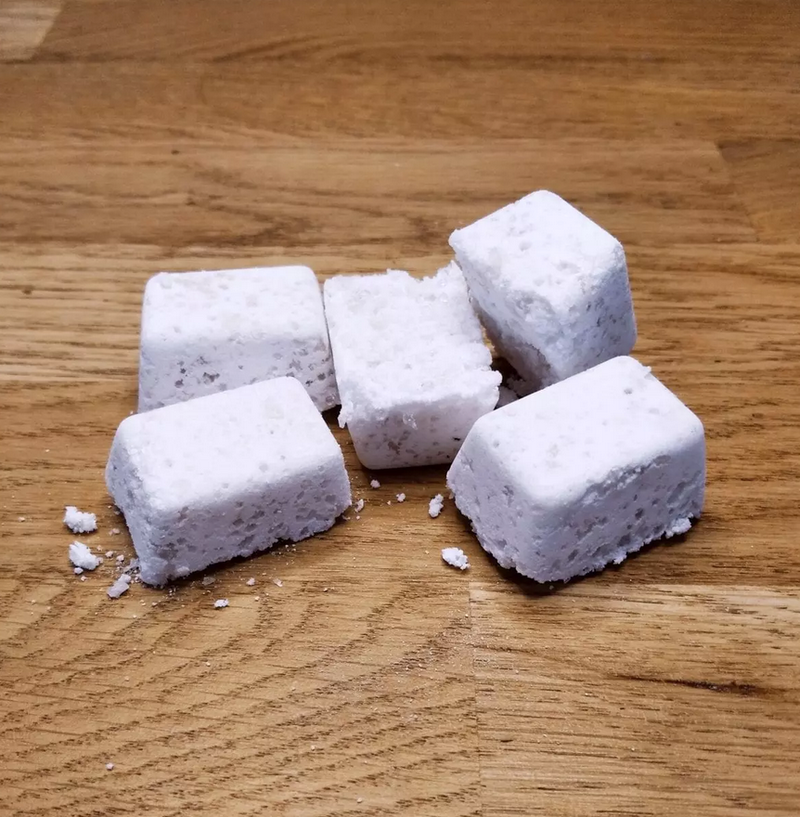Description
Here are a number of recipes, from the simplest to the most complex, for unblocking and maintaining your drains, so that you can find the one that suits you best. All the recipes are 100% natural, biodegradable and without health risks.
Matériaux
White vinegar
Optional:
- Citric acid
- Baking soda
Outils
Optional: ice cube tray or egg carton for moulding pellets
Étape 1 - Description of ingredients
White vinegar, otherwise known as spirit vinegar, crystal. It is a 100% natural and biodegradable product with a pH between 3.5 and 5 (acid) with approximately 12% alcohol obtained by macerating an aqueous solution of at least 6% acetic acid (often from beet ethanol). It evaporates naturally without risk (except for a slight and temporary irritation of the throat and eyes if you are in a small space).
Cost: around 0.40€/L, prefer to buy in the food vinegar section (avoid the household section as it is often more expensive and flavoured).
Properties: More info and G culture here
- Degreaser,
- Deodoriser
- Preservative (thanks to the acid pH),
- Antiseptic, disinfectant, antiparasitic, antibacterial, antifungal (thanks to the acid pH)
- Descaler / anti-scale (the acid reacts with the limestone to make it disappear in an acid-base reaction causing heat and CO2 bubbles),
- Corrosive to limescale surfaces (can damage wood and plastic in high doses).
Sodium bicarbonate, otherwise known as sodium bicarbonate, sodium hydrogen carbonate, sodium hydrogen carbonate, sodium hydrogen carbonate, monosodium carbonate, sodium bicarbonate, soda, baking soda or natrum bicarbonatum. A fine white powder similar to table salt or talc with a pH of 8-8.5 (base). Made from limestone and salt, bicarbonate is naturally present in the body and is harmless to health. It does not emit fumes or evaporate.
Properties: cleans, scours and deodorises. It dissolves grease and proteins responsible for stains. It prevents the proliferation of bacteria and softens hard water. <Cost: ~3-4 euros/kg
Here we'll be using household bicarbonate (cheaper than baking soda, but if you only have baking soda for food or cosmetics on hand it works very well).
.
Citric acid: white powder similar to salt or liquid (diluted), 100% natural and biodegradable. It is made from molasses (sugar cane fermentation) and a microscopic fungus. Properties: anti-scale, powerful descaler, cleans and dissolves white deposits. It's also a fantastic antioxidant. <Price: ~ €2/kg or ~€6/L
Étape 2 - Light descaling and drain maintenance
For light descaling (or with a little patience), white vinegar is enough on its own!
Pour a little vinegar into the drain or toilet bowl. Scrub if possible, then leave for 30 minutes or overnight (the longer you leave it on, the better). Try scrubbing again, then pour in water and flush.
Benefits: the pH helps to disinfect the brush at the same time, and once the vinegar smell has evaporated unpleasant drain smells have disappeared.
Étape 3 - Extensive descaling and unblocking of pipes
If your toilet is very scaly (black film that doesn't come off when you scrub or with the previous step) or your pipes are blocked, you can try this recipe:
Mix in an airtight jar:
· 130g (60%) bicarbonate of soda
· 30g (40%) citric acid POWDER (otherwise immediate reaction)
.Use a lozenge or about 2 tablespoons of powder, leave on for 30 minutes to one night, then scrub if possible before washing off with water.
Notes et références
In my experience, white vinegar is sufficient on its own in most cases when you can leave it to act and scrub. In the case of blocked drains, if possible, first try to unblock the blockage with a plunger, or even remove the blockage (e.g. frozen coconut oil) by unscrewing the drain.
Published




 Français
Français English
English Deutsch
Deutsch Español
Español Italiano
Italiano Português
Português